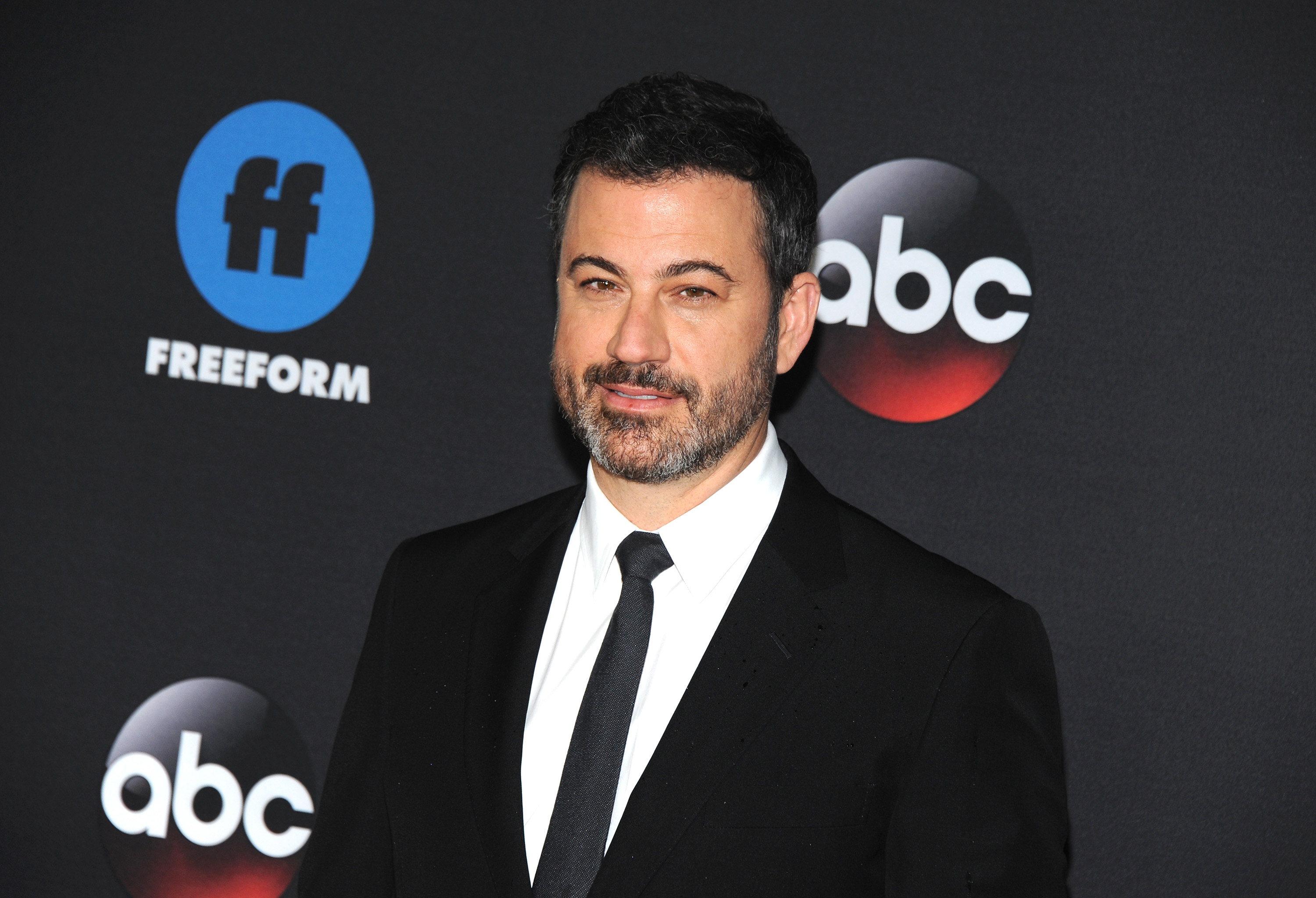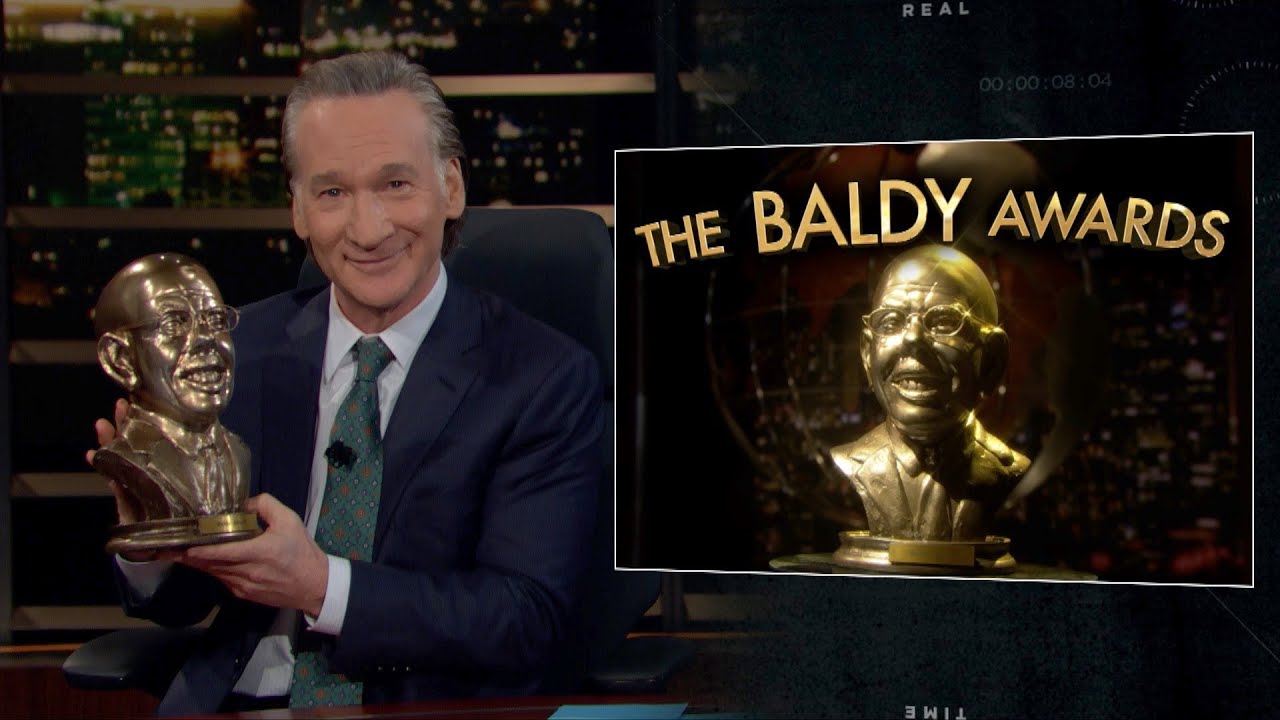On Friday night, the latest episode of Real Time With Bill Maher offered plenty of similarities to the year’s other episodes. Maher riffed on QAnon, raised questions of whether some on the left were alienating potential allies and took a few swings at religious dogma. But the episode also offered a candid look at what makes Maher tick, from frustrations over California’s solar regulations to his recently-concluded foray into sports team ownership. For an otherwise wide-ranging episode, it made for an unexpected anchor.
Maher’s opening monologue involved more than a few Super Bowl jokes, which skewed towards the predictable — a comment on the Tom Brady/Patrick Mahomes age difference and a nod to Deflategate both came up. As the material turned more overtly political, Maher grew more engaged, discussing Donald Trump’s second impeachment and the ongoing internal debate in the Republican Party. Maher was particularly critical of House Minority Leader Kevin McCarthy, who recently claimed not to know what QAnon was. “Isn’t that his job — to know things that are happening in America?” Maher asked.
His first guest for the night was fellow late-night host Jimmy Kimmel. The conversation got off to a very strange start, as Kimmel quizzed Maher about Maher’s ownership of a small stake in the New York Mets, which recently came to an end. Maher spoke about the pandemic’s challenges for baseball — which included him writing a number of checks to help with the team’s finances last year. Kimmel shared that he’d been offered a stake in the Las Vegas Golden Knights, but opted not to pursue it — in part because of Maher’s frustrations with his Mets experience.
The two men shifted gears and talked quarterbacks — the aforementioned Brady/Mahomes matchup, to be specific. Maher stated his general frustration with heaping praise on Brady, and that he hoped Mahomes would lead his team to victory. For Kimmel, Brady’s position of being on the outs with one employer and finding success at a new team reminded him of nothing so much as…Maher moving to HBO after his relationship with ABC soured.
The overall tone of the conversation was free-associative. There was a genuine warmth coming from both men, and as they talked about what they missed during the pandemic, it felt like a very normal conversation between two friends, albeit very wealthy ones. Kimmel shared memories of growing up in Las Vegas, while Maher talked about being a young comedian on The Merv Griffin Show.
The evening’s panel consisted of Matt Welch of The Reason Roundtable and The Ones We’ve Been Waiting For author Charlotte Alter. Via discussion of solar regulations (including Maher’s years-long quest to get solar power up at his home) and the planned renaming of a number of San Francisco public schools, Maher asked whether the American left was getting too caught up in small details and potentially alienating people who would otherwise identify as being progressive or liberal. Alter argued that acts like the school renaming had driven some young people she had spoken with rightward.
As Alter was the youngest participant in the discussion, Maher quizzed her about her generation’s tendencies regarding cancel culture. Alter replied by citing the zero-tolerance approach regarding bullying that many Millennials had grown up with as one reason for some of the terms of the debate.
From there, the conversation shifted to whether phones make people into the worst versions of themselves. Welch argued that being online made it difficult to read a particular room, which could lead to issues in communication. Maher stated his own hostility to phones, saying that it makes people “cowards” — and pointing to ghosting as an example. “I don’t think it’s better or worse,” Alter said. “I just think it’s different.” Which isn’t to say that she took a utopian view of all things online, however: Alter did point to the spread of conspiracy theories online as one pitfall of online communications.
New Rules for the night included “where are they now” end credits for pornography and the idea that politicians should go on Cameo. Maher then used Trump’s second impeachment as a way to discuss the dangers of Christian nationalism — and to ponder whether America’s penchant for religion primed the nation for it. “That insurrection looked like a revival meeting,” he added. In between discussions of the Book of Revelations, it was a worrying argument.
“Magical religious thinking is a virus and QAnon is just its current mutation,” Maher said. It’s a provocative argument, and hopefully one Maher will return to in future episodes — it certainly seems designed to spark debate.
Subscribe here for our free daily newsletter.
Thanks for reading InsideHook. Sign up for our daily newsletter and be in the know.

















